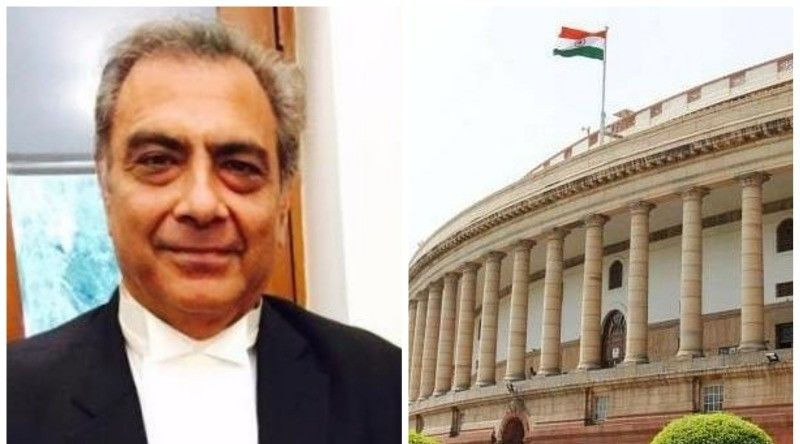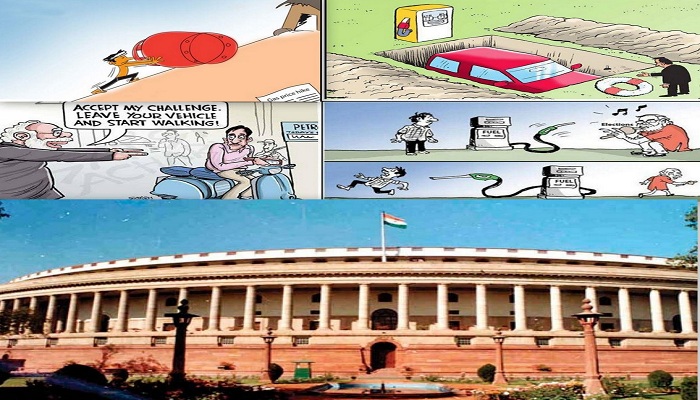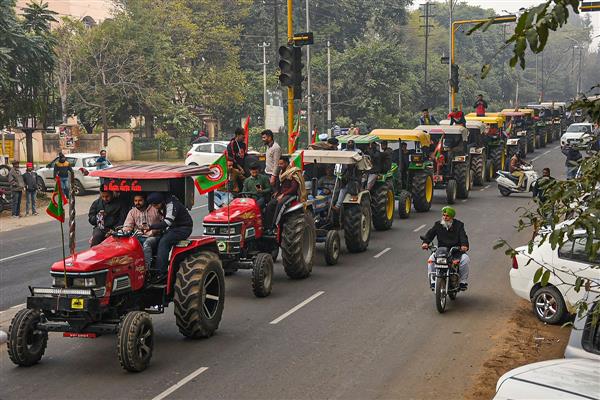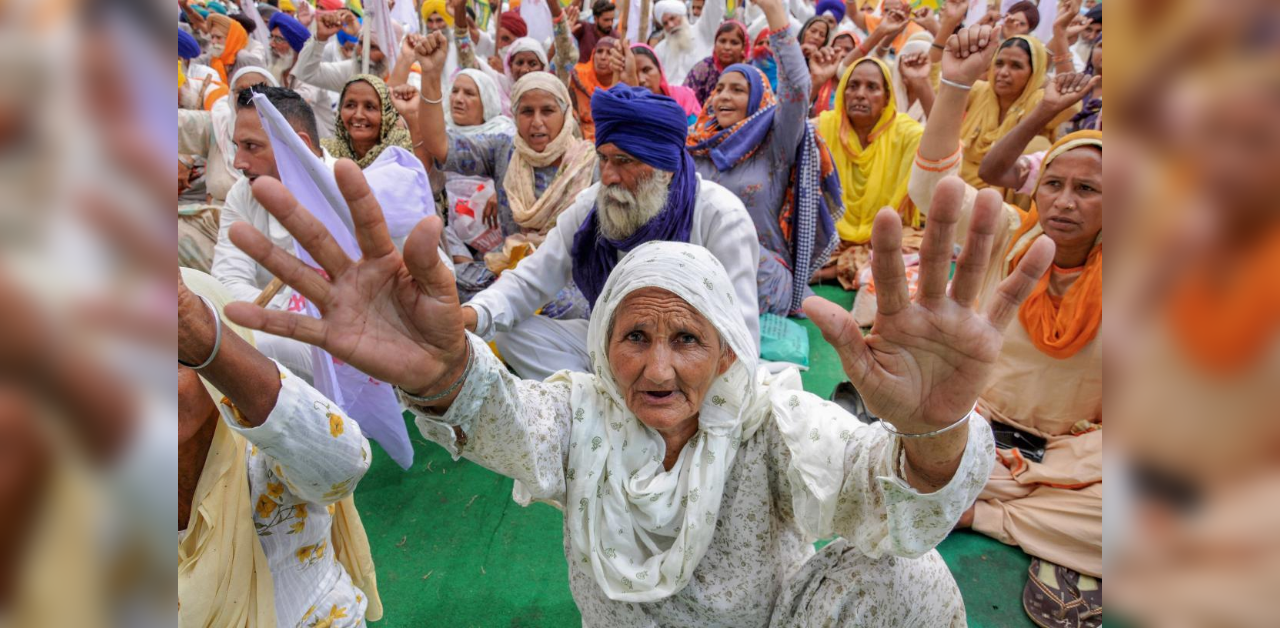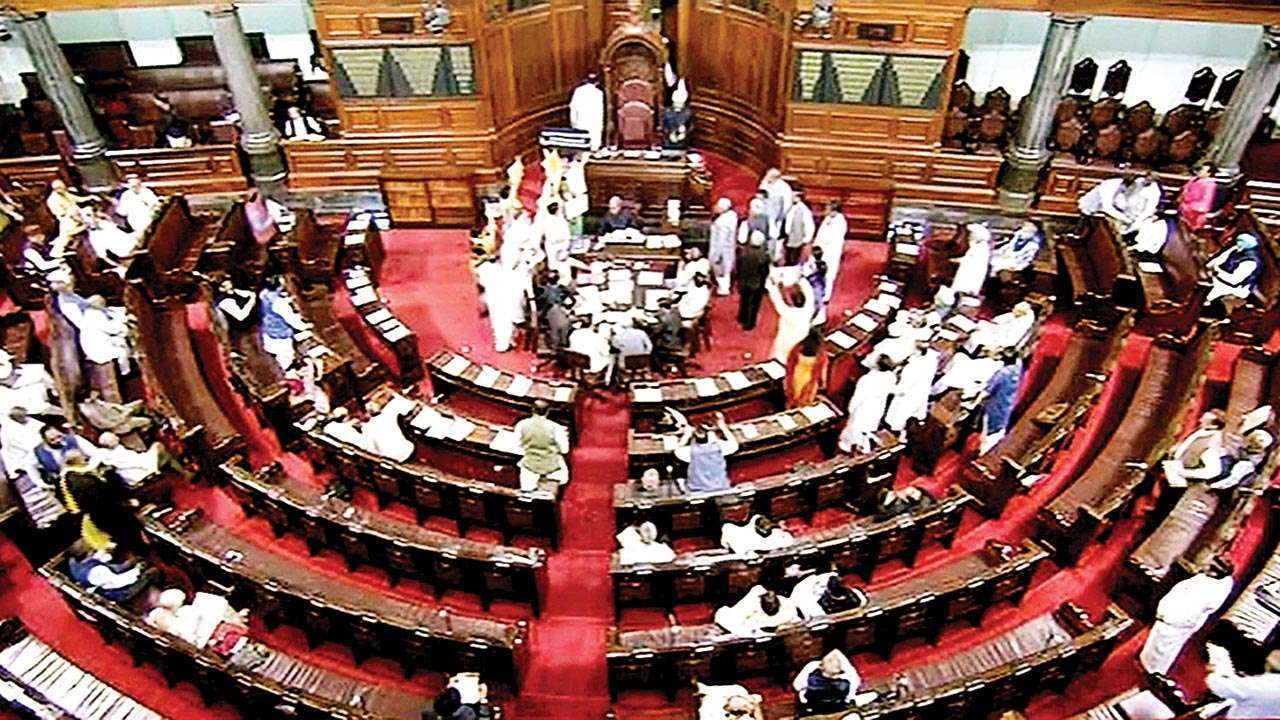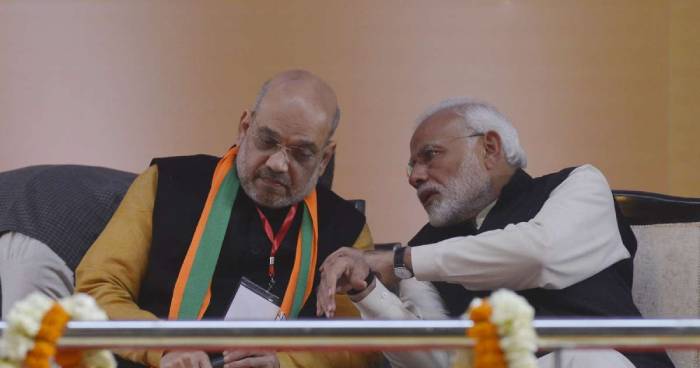Noted lawyer Mahesh Jethmalani said that he has been nominated to Rajya Sabha, the upper house in parliament. He told PTI, “I have been intimated about my nomination to Rajya Sabha.”
His father Ram Jethmalani, was a renowned lawyer who fought several high-profile cases, was also a Rajya Sabha member.
Nomination of Mahesh Jethmalani came days after two seats in the nominated category became vacant. In March this year, Swapan Dasgupta resigned from the upper house after the BJP fielded him as a candidate in the West Bengal assembly elections and Raghunath Mohapatra succumbed to Covid-19 earlier this month.
On advice of the Centre, the President can nominate 12 members to Rajya Sabha.
The nominated members for the upper house are drawn from fields such as literature, science, sports, art, and social service.
What does constitution say on nomination
Article 80 of the Indian Constitution provides that the upper house or the Rajya Sabha shall consist of 250 members. Out of the total strength, 12 members shall be nominated by the President from amongst persons having special knowledge or practical experience in respect of such matters as literature, science, art and social service. The house shall not more have than 238 representatives of the States and of the Union Territories. Fourth Schedule of Indian Constitution describes the allocation of seats in Rajya Sabha.
By adopting the principle of nomination in Rajya Sabha, the Indian Constitution has ensured that the nation must also receive services of the most distinguished persons of the country who have earned distinction in their field of activity. The State through nomination not only recognizes their merit and confers honour on them, but also enables them to enrich the debates by their expertise and knowledge that they have in different areas.
The feature of nomination of members to Rajya Sabha, present in Indian constitution, was borrowed from constitution of Ireland.
(With inputs from PTI)


